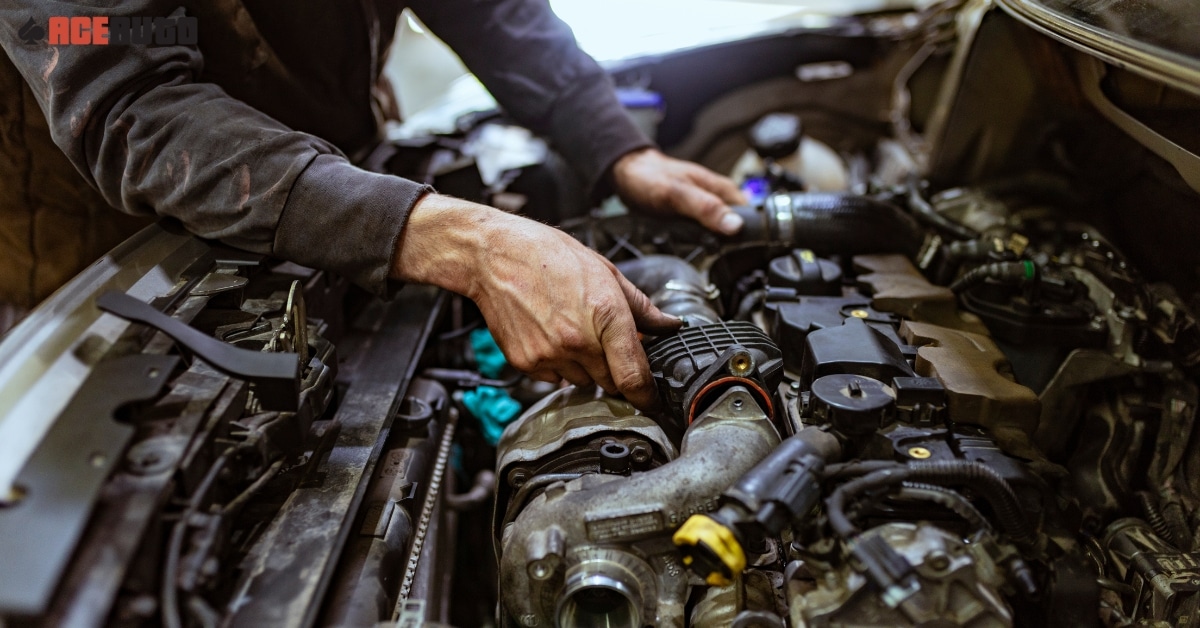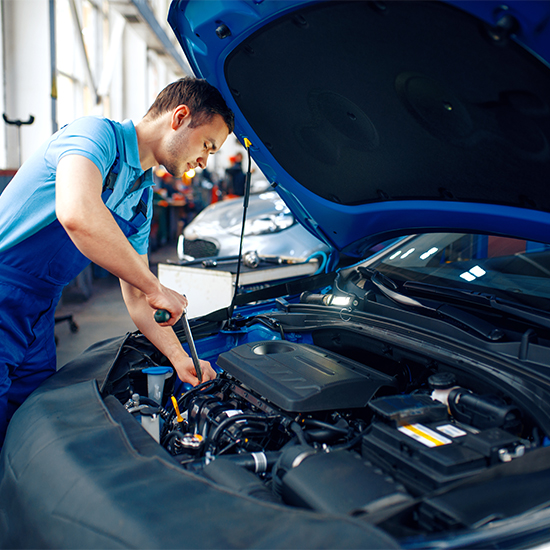All Categories
Featured

[/image]
Your lorry's brakes are among the most essential parts in ensuring your security and the safety of others on the roadway. Normal brake inspections are vital to preserving ideal stopping efficiency and staying clear of expensive repair work. Whether you're a seasoned vehicle proprietor or a new motorist, comprehending brake assessment standards can assist you stay positive concerning maintenance and ensure your lorry is always roadworthy.
- Why Brake Inspections Matter. The more you drive, the extra rubbing your brake pads endure, at some point leading to decreased braking performance. Without appropriate assessment, it's hard to assess when your brakes may be in requirement of repair work.
A properly maintained brake system guarantees fast, receptive quiting power, particularly in emergency situations. It additionally assists expand the life of your automobile, as neglecting brake upkeep can bring about extra severe, expensive troubles later.
- Signs You Need a Brake Assessment. While it's essential to have your brakes checked occasionally, certain signs may indicate that they need focus. Maintain an eye (and ear) out for these caution signals:
Squeaking or Grinding Noises: Unusual audios, specifically a piercing screech or grinding sound, commonly suggest that your brake pads are put on down. Resonance or Pulsation: If you feel vibrations or a pulsing sensation when pushing the brake pedal, it can be a sign of distorted rotors or unequal brake pad wear. Reduced Brake Responsiveness: If your brakes really feel less receptive or you have to push the pedal harder to reduce down, it may indicate air in the brake lines or low brake fluid. Drawing away: If your lorry draws to one side when braking, it might mean uneven brake pad wear or a brake liquid leak. Control Panel Caution Lights: Some vehicles have brake-related warning lights that suggest problems like low brake liquid or worn brake parts. If you observe any one of these symptoms, it's crucial to have a specialist mechanic carry out a brake inspection asap.

- What Takes place During a Brake Examination? Throughout a brake evaluation, a mechanic will certainly check numerous crucial elements of the stopping system to ensure whatever is in functioning order. Here's what you can anticipate throughout the procedure:
Brake Pads and Shoes: The technician will certainly evaluate the thickness of the brake pads or shoes. If they're as well thin, they'll require to be changed. Brake Rotors: Blades are the discs that the brake pads press versus to reduce your vehicle down. They'll be looked for any type of signs of wear, racking up, or warping. Brake Liquid: Reduced or infected brake fluid can harm braking efficiency. The service technician will inspect the fluid level and quality and leading it up or flush it if necessary. Brake Lines and Tubes: Brake lines carry liquid from the master cyndrical tube to the brakes. The auto mechanic will certainly examine for any kind of leakages, fractures, or damage to guarantee appropriate fluid flow. Brake Calipers and Wheel Cyndrical Tubes: Calipers and wheel cylinders press the brake pads versus the rotors or drums. The service technician will look for wear, leaks, and proper procedure. 4. Just how Usually Should You Have Your Brakes Checked? The frequency of brake evaluations depends on factors like your driving routines, the sort of automobile you drive, and the environment in which you drive. As a basic rule, it's an excellent idea to have your brakes evaluated every 12,000 miles or as soon as a year. Nonetheless, if you experience any one of the warning indicators discussed earlier, it is essential to obtain your brakes examined right away.
For those that often drive in rush hour, hilly terrain, or rough weather problems, even more regular assessments might be needed.
- Relevance of Timely Brake Repairs. When you identify an issue with your brakes, it's vital to resolve it today. Delaying brake repairs can cause more significant damages to your braking system, resulting in higher fixing costs. In extreme cases, ignoring brake problems can cause complete brake failure, which is a significant safety and security threat.
By staying on top of brake upkeep and addressing issues promptly, you guarantee that your brakes remain to carry out as meant, keeping you and your passengers secure on the road.
Verdict: Keep Your Brakes in Leading Shape. Brake assessments are a straightforward yet important component of automobile upkeep. By comprehending the importance of regular evaluations, recognizing the indications of brake issues, and remaining positive with repairs, you can ensure your car's braking system continues to be in ideal condition. Regular brake checks offer peace of mind, recognizing that your automobile prepares to react when you need it most. Focus on brake upkeep-- your security depends on it.
Latest Posts
Reasons Routine Car Maintenance at Montclare Auto Repair Keeps Your Wallet Happy
Find Out Save Big on Car Maintenance with Montclare Auto Repair’s Limited-Time Deals
Uncover Save Big on Car Maintenance with Montclare Auto Repair’s Limited-Time Deals
More
Latest Posts
Reasons Routine Car Maintenance at Montclare Auto Repair Keeps Your Wallet Happy
Find Out Save Big on Car Maintenance with Montclare Auto Repair’s Limited-Time Deals
Uncover Save Big on Car Maintenance with Montclare Auto Repair’s Limited-Time Deals